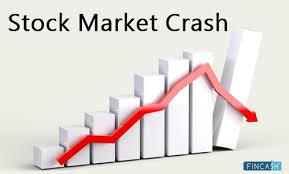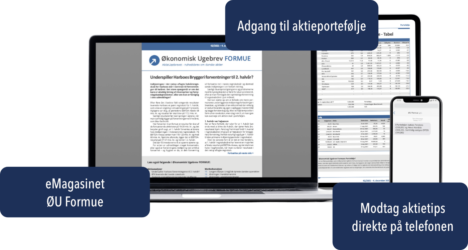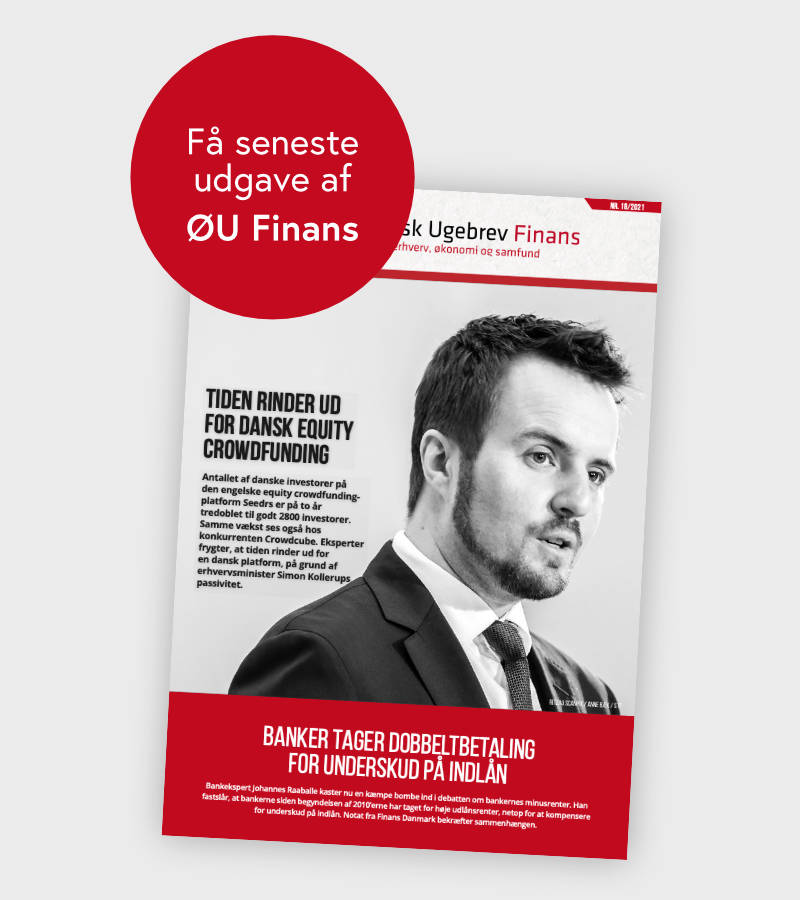By Michael Every of Rabobank
Praxis Makes “Perfect”
Yesterday was a mess in markets. Equities slumped, apart from the much-maligned meme stocks, which surged; VIX volatility spiked; government bond yields surged, with a bad 7-year US Treasury auction in particular; and USD rallied as gold dipped – although Bitcoin held up surprisingly well (presumably those into it were too involved in ‘stonks’ to have time to sell).
Some might be tempted to blame New Zealand’s paradigm-shift to force its central bank to also think about the housing market as part of its official mandate, but that’s unfair to the Kiwis: don’t shoot the messenger, as they say. What we saw yesterday was the confluence of recent and long-run trends which brings us closer to a point of praxis. Not just in meaning “a theory, lesson or skill being enacted, embodied, or realized”; but in the Marxist, materialist, dialectic meaning of an action that changes society in a revolutionary manner.
Most importantly, the market is currently testing central-bank resolve to keep control of the yield curve. This is clearly the case in Australia at the short end given its pledge to peg the 3-year yield at 0.1%. However, the same thing is true at the longer end almost everywhere. Markets, in some eyes, are looking at the combination of base effects, extreme monetary policy, and now conjoined extreme fiscal policy (in the US only), and crying “Inflation!” For reasons I keep explaining here, only when structural economic changes occur (stronger unions, protectionism, re-regulation, etc.) are we going to get sustained demand pull, not income-sapping short-term cost push inflation.
As such, to more cynical eyes, markets are effectively forcing central banks (and governments) to pledge to “do whatever it takes”, ECB style, if they are serious about now finally helping the bottom quartile of their societies (whom recent data show are indeed being left completely behind in this ‘recovery’). In short, as free markets always do, they are testing a paradigm to its limits. It just so happens that this limit will happily reach the point of praxis beyond which conditions for them, on the surface, become ‘perfect’.
After all if central banks are forced to do whatever it takes and step up QE even further, in combination with Yield Curve Control (YCC), then markets would have successfully forced us to into a genuine revolution without a shot being fired:
There would still be unlimited liquidity for equities: and after all, it’s been weeks since we saw any major increases in QE, when any good Minsky-reader knows that you have to keep increasing such liquidity if you want to keep asset prices elevating (it’s the change in the change in debt/liquidity that drives things); and
There would also be a guarantee of low yields across the curve, so governments could fund the repair of society, and corporate credit spreads could come in further. So ‘perfect’!
Yet as has been warned about here for years, we would lose the function of market price discovery – and never be able to go back again without a systemic crash. If you don’t think that is true then just look at the market action yesterday,…and then imagine a huge pile of government debt and equity appreciation built on top of it, and then a central bank saying “Let markets set prices by themselves.” We just don’t go for that kind of selbstveränderung already.
On a personal detour, I studied transition economics, which was the path for how inefficient command economies could become efficient capitalist ones. I also lived in very post-Soviet economies where shops didn’t have basic essentials, people were drinking themselves to death out of despair, the state didn’t seem to function in many areas, and whole industries were collapsing due to structural shifts nobody seemed to understand – as some people got very, very rich. Ironically, this seems to be a relevant background for global markets today. (“We pretend to work, they pretend to pay us,” as they used to say under communism: and has anyone noticed the collapse in global productivity under our efficient neoliberalism?)
The ultimate irony is that if we don’t see central banks do whatever it takes, then the market, economic, and socio-political volatility would see Marxist (and other) revolutionaries rubbing their hands in anticipation; yet if we do go the whatever-it-takes route, then free-market neoliberalism effectively mutates into a form of economy that has key similarities to the Soviet command economies it defeated in the Cold War!
The Soviets also didn’t have any true cost of capital: credit was allocated as part of each government 5-year plan. They also had hypothecated funding, such that an allocation of central-bank/state capital for a factory producing cars using $100 worth of inputs that sold at a value of $90 (an economic model we could never see today under free-market capitalism! Especially not in the auto or transport sector!) could only spend the funds it was allocated on specific products tied to that money-losing plan. That is the most extreme version of the kind of credit rationing we may have to see in the future once our yield curves have been completely flattened – and all the free money simply flows into the lowest-hanging fruit, which will be to the property sector rather than any kind of productive assets – unless compelled. (And we are back to New Zealand as a thought leader.)
Then, on top, we also have the latest round of stonk-tastic action, as the US proletariat (or perhaps kulaks?) take on the hedge-funds in *also* playing around with the stock price of a firm that sells a product at 90 with inputs that cost 100, in order to get rich enough to buy that nice little dacha by the Black Sea. (Which is the only way they will ever own one without serious connections, unless we get hypothecated credit allocations.)
In short, we may stand before not just a market but an historic paradigm shift – albeit one not many recognize because they have never dismantled an economic system to see how they work, and hence how they can become something else under the old badge. If we are –or we aren’t!– things are likely to get very interesting. If we aren’t enjoy the volatility. If are, enjoy the total lack of volatility – and all that will come with it. Yet importantly, we don’t have a Soviet bloc, so each country going this route would be doing so solo: and that also has massive long-run implications for both capital and trade flows.
At least I will be able to roll out all my Soviet-era jokes again – those really have held their value remarkably well over time.
An American is comparing political systems with a Soviet.
The American says: “My system is the best because every day I can open my window and scream that the US is evil and I hate the US government.”
The Soviet replies: “We can do the same thing here.”
счастливая пятница!














